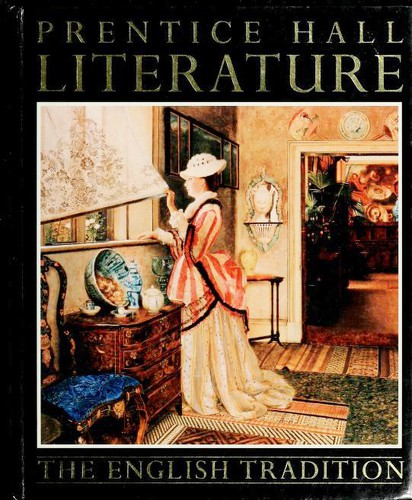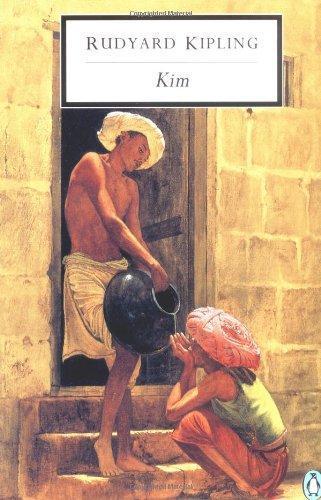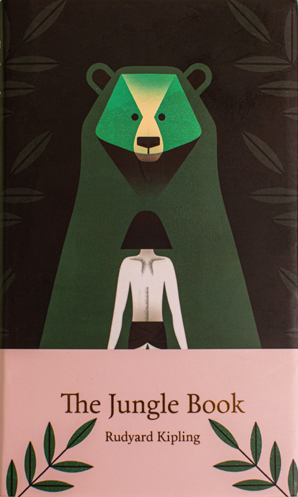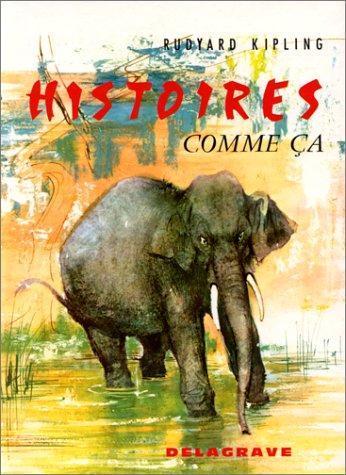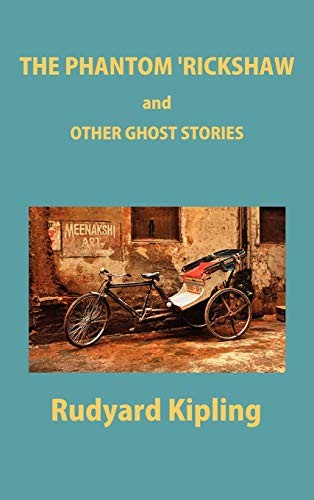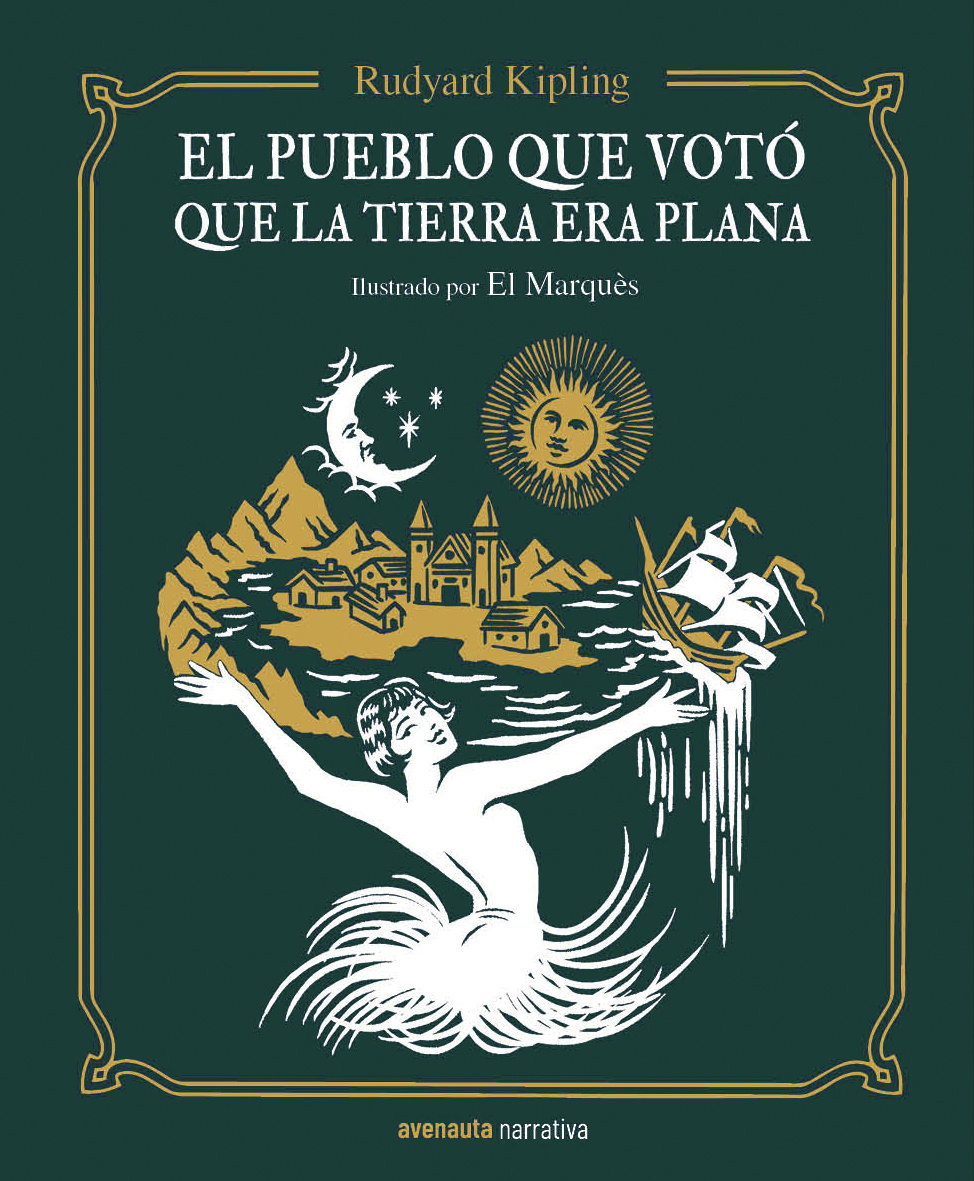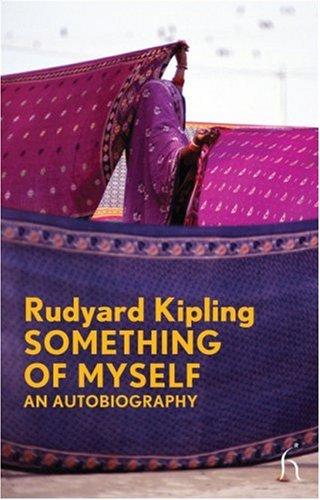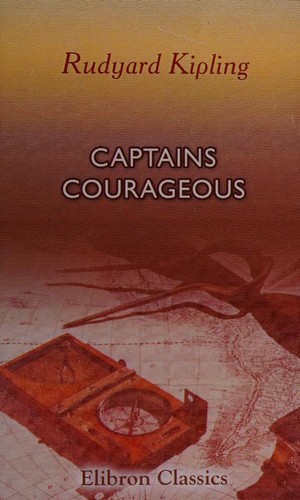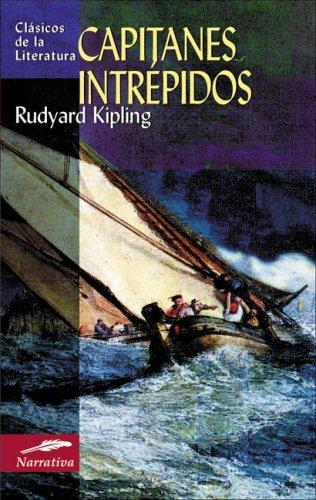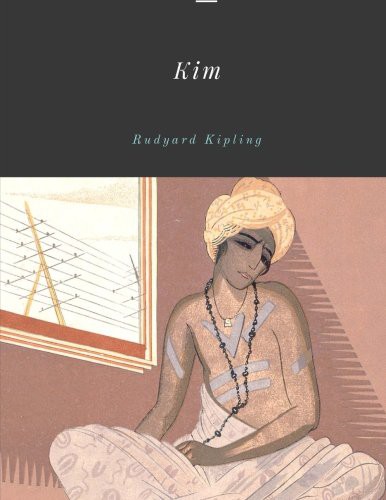Joseph Rudyard Kipling ( RUD-yərd; 30 December 1865 – 18 January 1936) was an English journalist, short-story writer, poet, and novelist. He was born in India, which inspired much of his work. Kipling's works of fiction include The Jungle Book (1894), Kim (1901), and many short stories, including "The Man Who Would Be King" (1888). His poems include "Mandalay" (1890), "Gunga Din" (1890), "The Gods of the Copybook Headings" (1919), "The White Man's Burden: The United States and the Philippine Islands" (1899), and "If—" (1910). He is seen as an innovator in the art of the short story. His children's books are classics; one critic noted "a versatile and luminous narrative gift."Kipling in the late 19th and early 20th centuries was among the United Kingdom's most popular writers. Henry James said "Kipling strikes me personally as the most complete man of genius, as distinct from fine intelligence, that I have ever known." In 1907, he was awarded the Nobel Prize in Literature, as the first English-language writer to receive the prize, and at 41, its youngest recipient to date. He was also sounded out for the British Poet Laureateship and several times for a knighthood, but declined both. Following his …
Rudyard Kipling
Información sobre le autore
- Alias:
-
R K, רידיארד קיפלינג, Рудиард Киплинг, y 54 otros
Rudyuard Kipling, Redʹi︠a︡rd Kipling, Runtiarnt Kiplink, Rudiard Kipling, Rādyārd Kīblīnġ, Radiard Kiplingi, Radjardas Kiplingas, Raḍiyārḍa Kiplīṅga, R. K, R. Kipling, كيبلينج، راديارد،, ר קיפליג, Redʹjard Kipling, 吉卜林, ר קיפגינג, Reduard Kipling, Редьярд Киплинг, Рэдьярд Киплинг, .. Kipling, Dzh. R Kipling, רודיארד קפלינג, R Kipling, Kipling, راديارد كيبلينغ،, Rautgyarnt Kiplink, Редьярдъ Киплингъ, Radjards Kiplings, רודיארד קיפלינג, רעדיארד קיפלינג, Radiard Kipling, RK, Jibulin, ר קיפלינג, Dž. R. Kipling, Rudyard Ḳipling, Редьярд Кіплінг, Rudyard Joseph Kipling, راديارد كيبلينج،, Yussuf, Dzh. R. Kipling, Dž. Redʹjard Kipling, Radyārd Kīplīng, רודירד קיפלינג, Rûdyard Qiplîng, Kipḷiṅ, רעדוארד קיפלינג, Radoyādo Kipuringu, Dzh. Redʹiard Kipling, Red'ârd Kipling, אלי כ״ץ, Raḍayārḍa Kipaliṅga, Joseph Rudyard Kipling, Rudyard Kipling, Raḍayārḍa Kipaliṃga - Fecha de nacimiento:
- 29 de diciembre de 1865
- Fecha de defunción:
- 17 de enero de 1936
Enlaces externos
Joseph Rudyard Kipling ( RUD-yərd; 30 December 1865 – 18 January 1936) was an English journalist, short-story writer, poet, and novelist. He was born in India, which inspired much of his work. Kipling's works of fiction include The Jungle Book (1894), Kim (1901), and many short stories, including "The Man Who Would Be King" (1888). His poems include "Mandalay" (1890), "Gunga Din" (1890), "The Gods of the Copybook Headings" (1919), "The White Man's Burden: The United States and the Philippine Islands" (1899), and "If—" (1910). He is seen as an innovator in the art of the short story. His children's books are classics; one critic noted "a versatile and luminous narrative gift."Kipling in the late 19th and early 20th centuries was among the United Kingdom's most popular writers. Henry James said "Kipling strikes me personally as the most complete man of genius, as distinct from fine intelligence, that I have ever known." In 1907, he was awarded the Nobel Prize in Literature, as the first English-language writer to receive the prize, and at 41, its youngest recipient to date. He was also sounded out for the British Poet Laureateship and several times for a knighthood, but declined both. Following his death in 1936, his ashes were interred at Poets' Corner, part of the South Transept of Westminster Abbey. Kipling's subsequent reputation has changed with the political and social climate of the age. The contrasting views of him continued for much of the 20th century. The White Man's Burden: The United States and the Philippine Islands (1899) is a poem about the Philippine–American War (1899–1902), which exhorts the United States to assume colonial control of the Filipino people and their country. Literary critic Douglas Kerr wrote: "[Kipling] is still an author who can inspire passionate disagreement and his place in literary and cultural history is far from settled. But as the age of the European empires recedes, he is recognised as an incomparable, if controversial, interpreter of how empire was experienced. That, and an increasing recognition of his extraordinary narrative gifts, make him a force to be reckoned with."
Libros de Rudyard Kipling
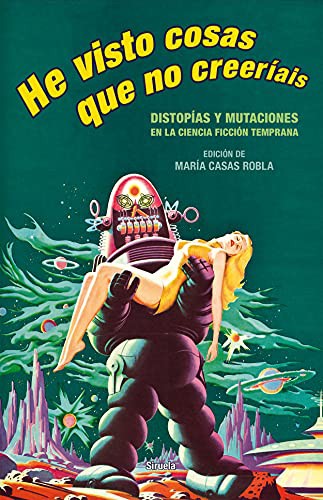
He visto cosas que no creeríais
por Mary Shelley, Nathaniel Hawthorne, Arthur Conan Doyle, y 5 otros
